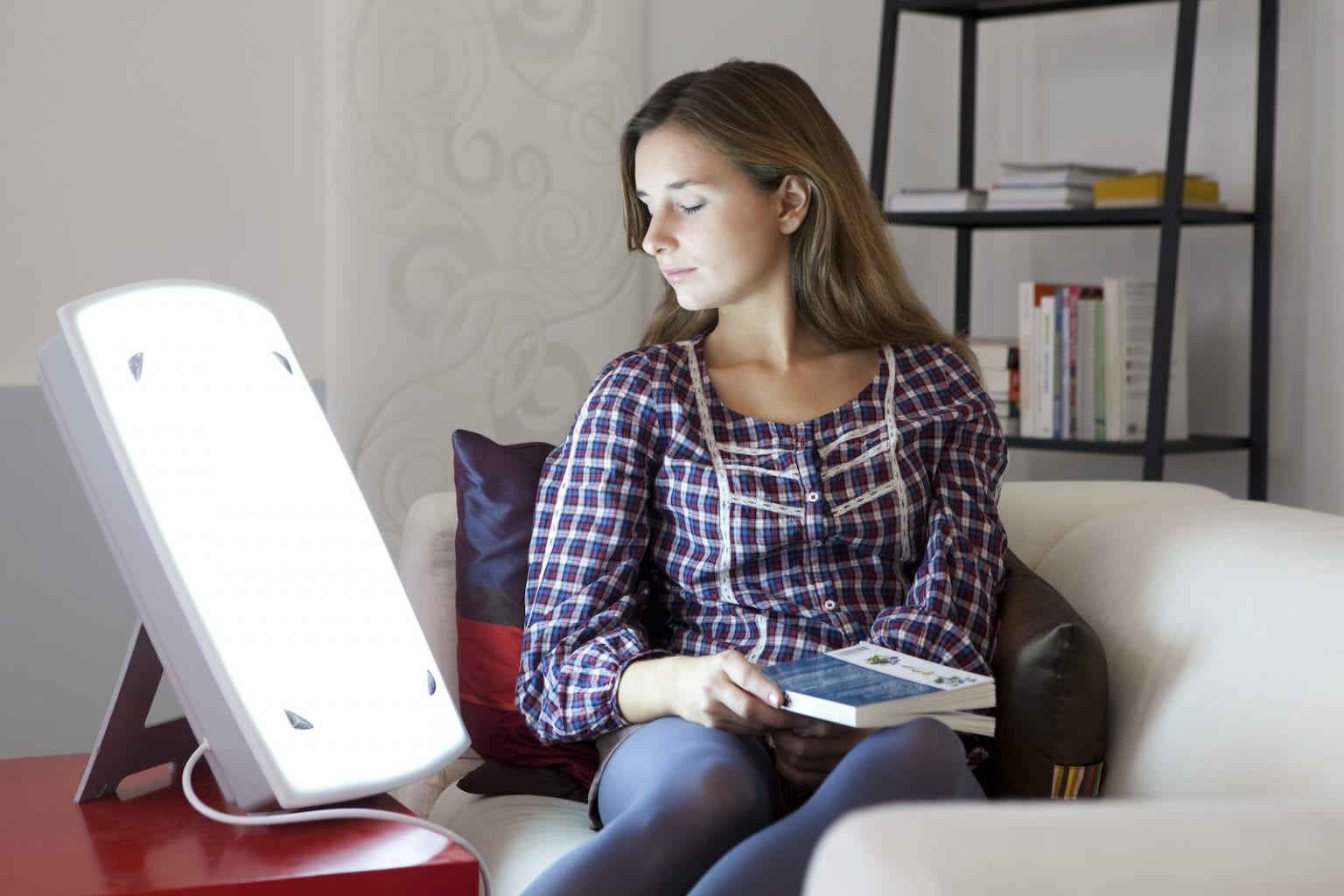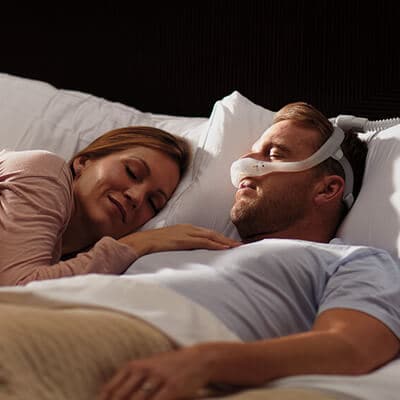Effective Treatment Solutions for Taking Care Of Sleep Disorders and Enhancing Peaceful Rest
In the world of health care, the management of sleep conditions and the quest for relaxed rest are critical components of general well-being. Efficient treatment options use a diverse method to tackle these challenges, varying from cognitive behavioral interventions to all natural techniques that advertise relaxation and mindfulness. The exploration of numerous strategies, consisting of the combination of medication and light treatment, opens a realm of possibilities in the search of much better sleep quality. As we browse the elaborate landscape of sleep disorders and look for to boost our sleep experience, a much deeper understanding of these treatment solutions might hold the secret to unlocking a much more relaxing and meeting restorative trip.
Cognitive Behavioral Therapy for Sleeplessness (CBT-I)
Cognitive Behavior Modification for Sleeplessness (CBT-I) is an organized, evidence-based therapy strategy that concentrates on addressing the hidden aspects contributing to sleep disturbances. This kind of therapy intends to customize actions and ideas that intensify sleeping disorders, inevitably advertising healthy and balanced rest patterns. CBT-I normally involves numerous crucial elements, consisting of cognitive treatment, sleep limitation, stimulation control, and sleep health education and learning.
Cognitive therapy aids people identify and change negative thought patterns and ideas about sleep that might be preventing their capability to fall or stay asleep. Sleep constraint includes restricting the quantity of time invested in bed to match the person's real rest duration, thereby raising rest effectiveness (insomnia solutions). Stimulation control methods help establish a strong association in between the bed and sleep by urging individuals to go to bed only when drowsy and to stay clear of taking part in boosting activities in bed
Moreover, rest hygiene education concentrates on creating healthy sleep practices, such as preserving a regular sleep routine, creating a relaxing going to bed regimen, and enhancing the sleep atmosphere. By addressing these factors adequately, CBT-I offers a reliable non-pharmacological intervention for taking care of insomnia and improving overall sleep high quality.
Sleep Health Practices
Having established the structure of cognitive restructuring and behavioral alterations in resolving sleep problems with Cognitive Behavioral Treatment for Insomnia (CBT-I), the focus currently shifts towards discovering important Rest Health Practices for keeping optimal rest top quality and general well-being.
Sleep health techniques encompass a variety of practices and ecological factors that can substantially impact one's capacity to go to sleep and remain asleep throughout the night. Regular rest and wake times, developing a relaxing going to bed regimen, and optimizing the sleep environment by maintaining it dark, silent, and cool are crucial components of excellent sleep hygiene. Restricting exposure to displays before going to bed, staying clear of energizers like high levels of caffeine close to going to bed, and taking part in regular exercise throughout the day can also advertise much better rest high quality.
Additionally, practicing leisure methods such as deep breathing workouts or reflection before bed can aid relax the mind and prepare the body for rest. By including these rest health practices right into one's everyday regimen, people can develop a healthy rest pattern that supports relaxing sleep and total health.
Leisure Strategies and Mindfulness
Implementing leisure strategies and mindfulness methods can play a pivotal function in promoting a sense of tranquility and advertising high quality rest. cognitive behavioral therapy for insomnia (CBT-I). These methods intend to peaceful the mind, lower stress and anxiety, and produce an optimum environment for restful rest. One commonly practiced technique is deep breathing exercises, where people concentrate on slow-moving, deep breaths to relax the body and mind. Dynamic muscular tissue leisure includes tensing and afterwards launching each muscle group, promoting physical relaxation. Additionally, directed sleep study specialist imagery can assist move individuals to a relaxed location in their minds, assisting in stress decrease and boosting sleep quality.
By integrating these practices right into a going to bed routine, people can signal to their bodies that it is time to prepare and loosen up for sleep. Overall, integrating leisure methods and mindfulness methods can considerably add to taking care of rest conditions and improving total sleep high quality.

Medicine Options for Sleep Disorders
After discovering leisure strategies and mindfulness techniques as non-pharmacological treatments for improving rest top quality, it is important to think about medication alternatives for individuals with sleep problems. In instances where way of living changes and therapy do not give adequate relief, medication can be a useful tool in managing rest disruptions.
Typically suggested medications for rest disorders include benzodiazepines, non-benzodiazepine hypnotics, antidepressants, fluoxetine insomnia and melatonin receptor agonists. Antidepressants, such as trazodone, can be helpful for people with co-occurring anxiety and sleep disturbances - sleep therapy.
It is important for individuals to consult with a doctor to establish the most proper medication alternative based on their certain rest disorder and medical background.
Light Treatment for Body Clock Policy
Light treatment, additionally called phototherapy, is a non-invasive treatment approach used to regulate body clocks and boost sleep-wake cycles. This therapy involves exposure to intense light that mimics all-natural sunlight, which aids to reset the body's internal clock. By subjecting people to specific wavelengths of light, commonly in the early morning or night depending upon the desired result, light therapy can effectively change the body clock to advertise wakefulness throughout the day and enhance restful sleep in the evening.
Study has shown that light therapy can be specifically helpful for people with body clock conditions, such as postponed rest stage disorder or jet lag. It can likewise be handy for those experiencing seasonal depression (SAD), a kind of clinical depression that generally takes place during the cold weather when all-natural light direct exposure is lowered. Light therapy is typically well-tolerated and can be used along with other treatment methods for sleep conditions to enhance results and improve overall rest high quality.
Verdict
Finally, reliable treatment remedies for managing rest disorders Source and enhancing restful sleep consist of Cognitive Behavioral Therapy for Sleeping Disorders (CBT-I), rest hygiene practices, leisure strategies and mindfulness, medication options, and light treatment for body clock policy. These approaches can help people boost their rest quality and overall health. It is necessary to speak with a healthcare copyright to establish the most appropriate technique for resolving sleep problems.
As we navigate the detailed landscape of sleep disorders and look for to improve our sleep experience, a deeper understanding of these therapy remedies might hold the secret to unlocking a more refreshing and satisfying corrective journey.
Rest restriction includes limiting the quantity of time invested in bed to match the individual's actual rest period, consequently increasing sleep performance. Regular sleep and wake times, creating a relaxing bedtime routine, and optimizing the sleep setting by keeping it dark, silent, and cool are important elements of excellent sleep hygiene. Light treatment is typically well-tolerated and can be used in combination with other therapy approaches for rest conditions to enhance end results and boost overall rest top quality.
